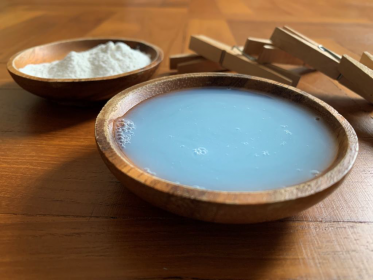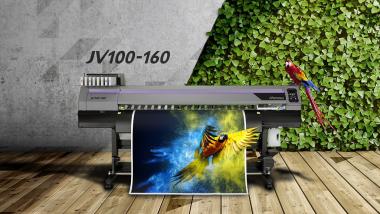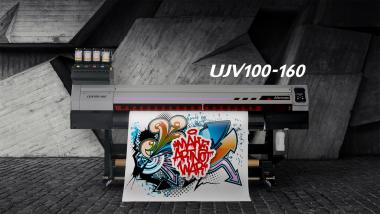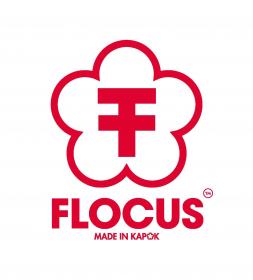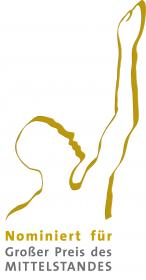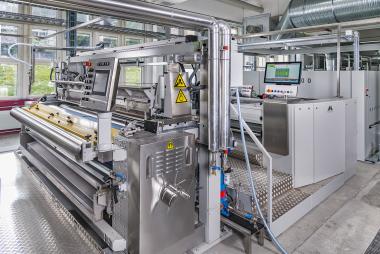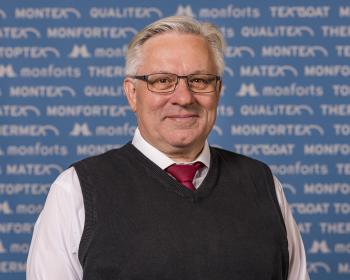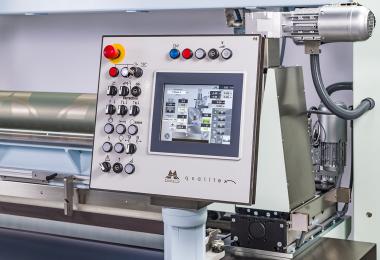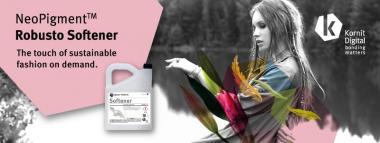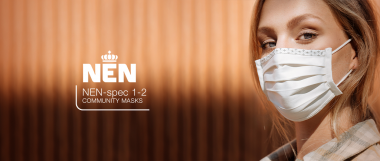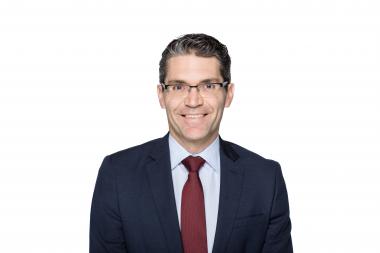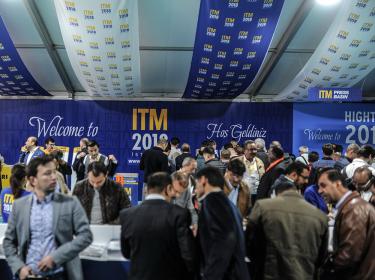Archroma: Whiteness Solutions for Laundry and Detergents in the U.S.
Archroma announces a successful first year on the U.S. home care market with its whiteness solutions for laundry and detergents.
Archroma acquired in December 2019 the BASF's stilbene-based optical brightening agents (OBA) business for liquid and powder laundry detergent applications. The acquisition included the OBA technology, portfolio and manufacturing unit at Ankleshwar, India.
Since then, Archroma has mobilized its global experts, technologies and know-how, to design a holistic solutions portfolio for household, industrial & institutional cleaning (HI&I) aimed to support detergent manufacturers.
The portfolio now includes solutions for whiteness, coloration, stain removal, fabric softening, as well as sequestering agents and surfactants, which can be used in applications such as multipurpose cleaning powders, detergent powders, dish wash tablets and liquids, laundry liquids and fabric softeners, and hard surface cleaners.
Archroma used its experience working with manufacturers and brands in the textile industry to enter the US detergent markets for the very first time, and has been able to gain a significant position with most key laundry detergent manufacturers with its solutions for whiteness.
In particular, the company reports special interest from U.S. detergent brands and manufacturers for its Leucophor® 5BMGX, as this optical brightener allows them to achieve high levels of whiteness with a blueish undertone. The product is also highly soluble in water and stable in oxidative environment.
EMG


